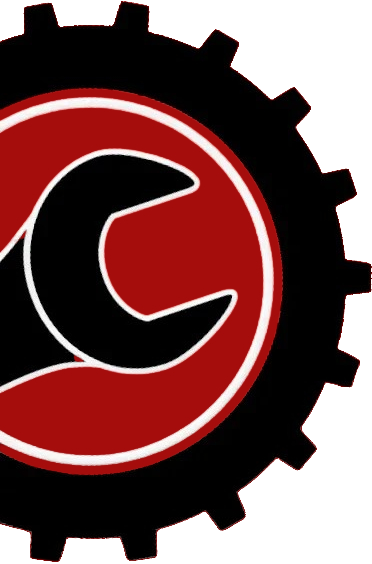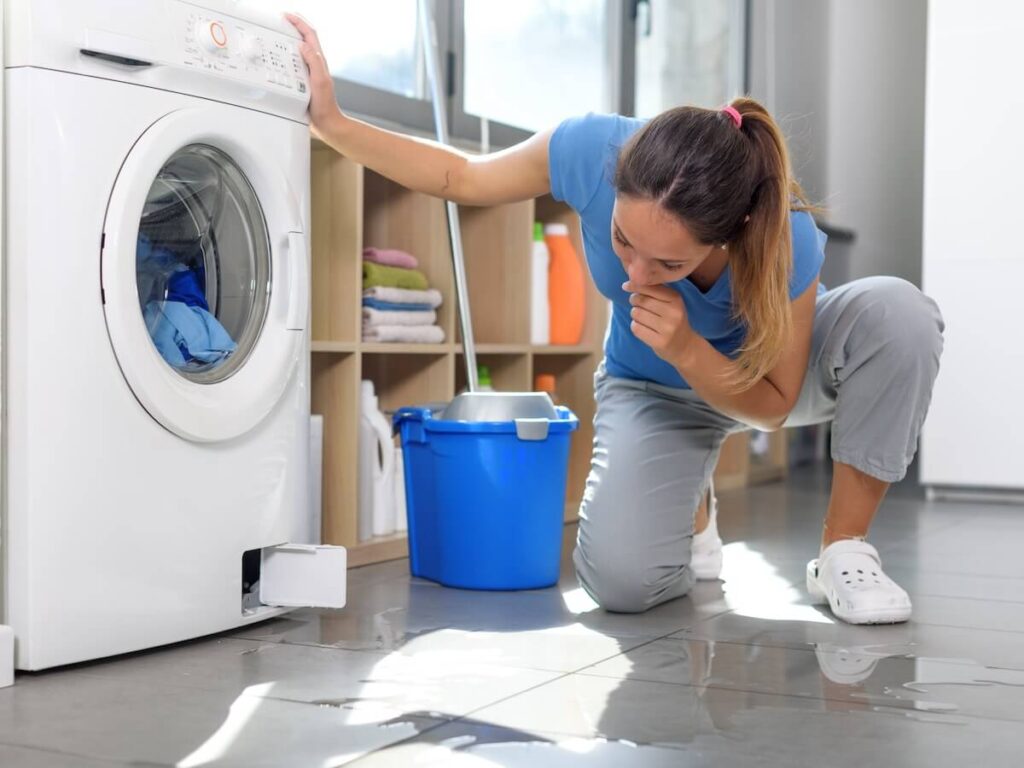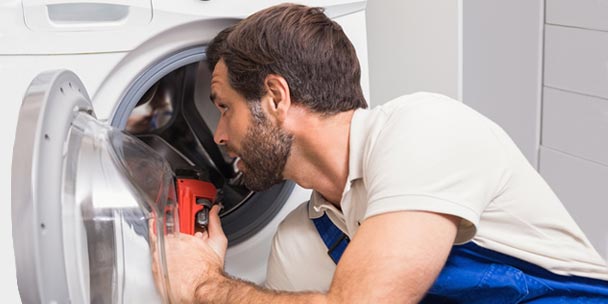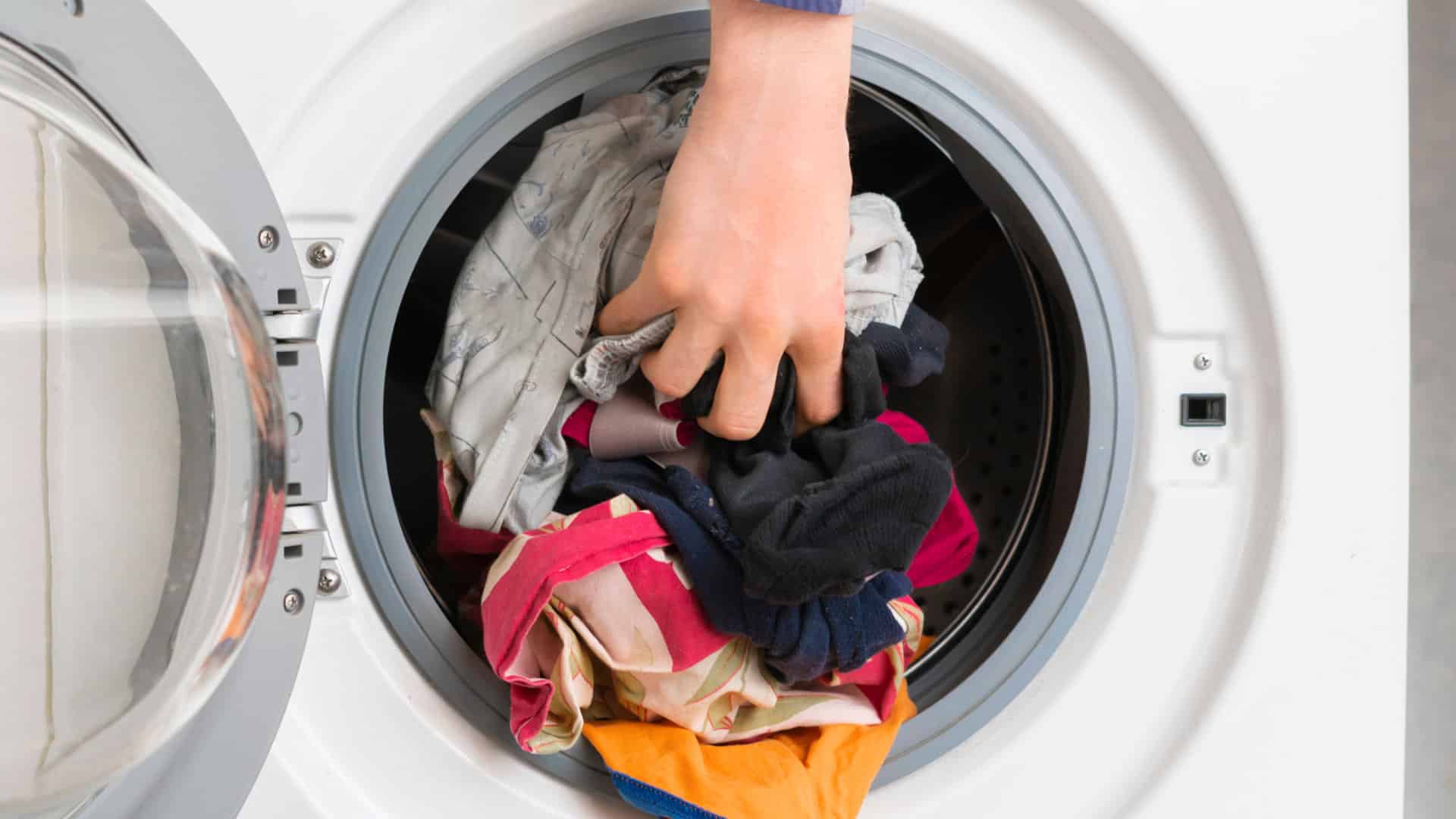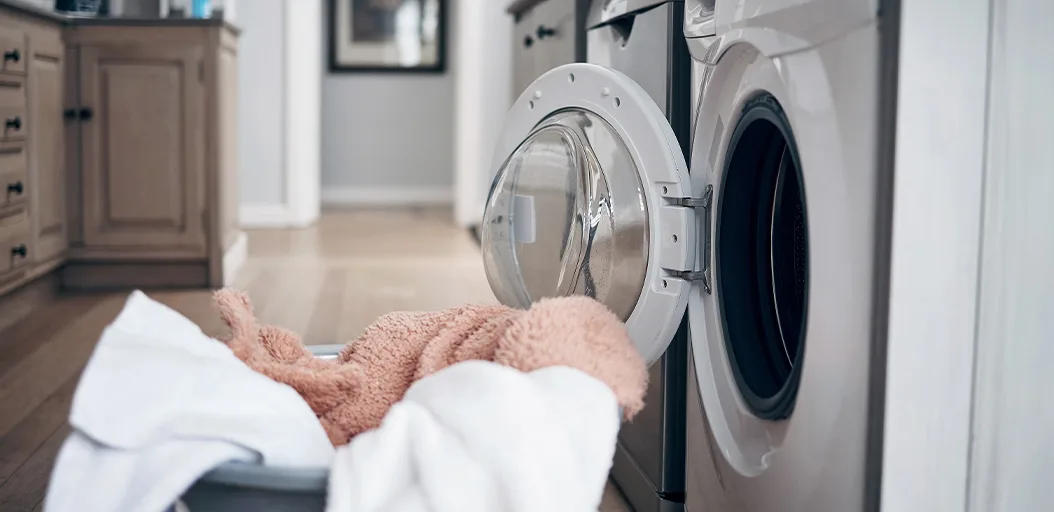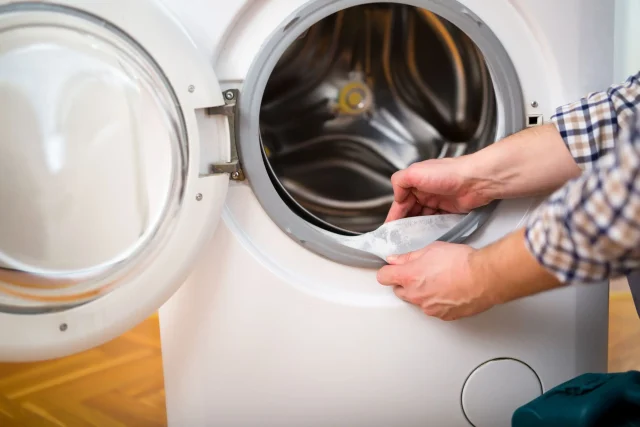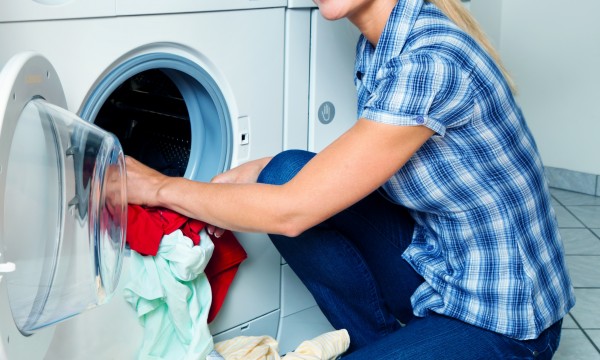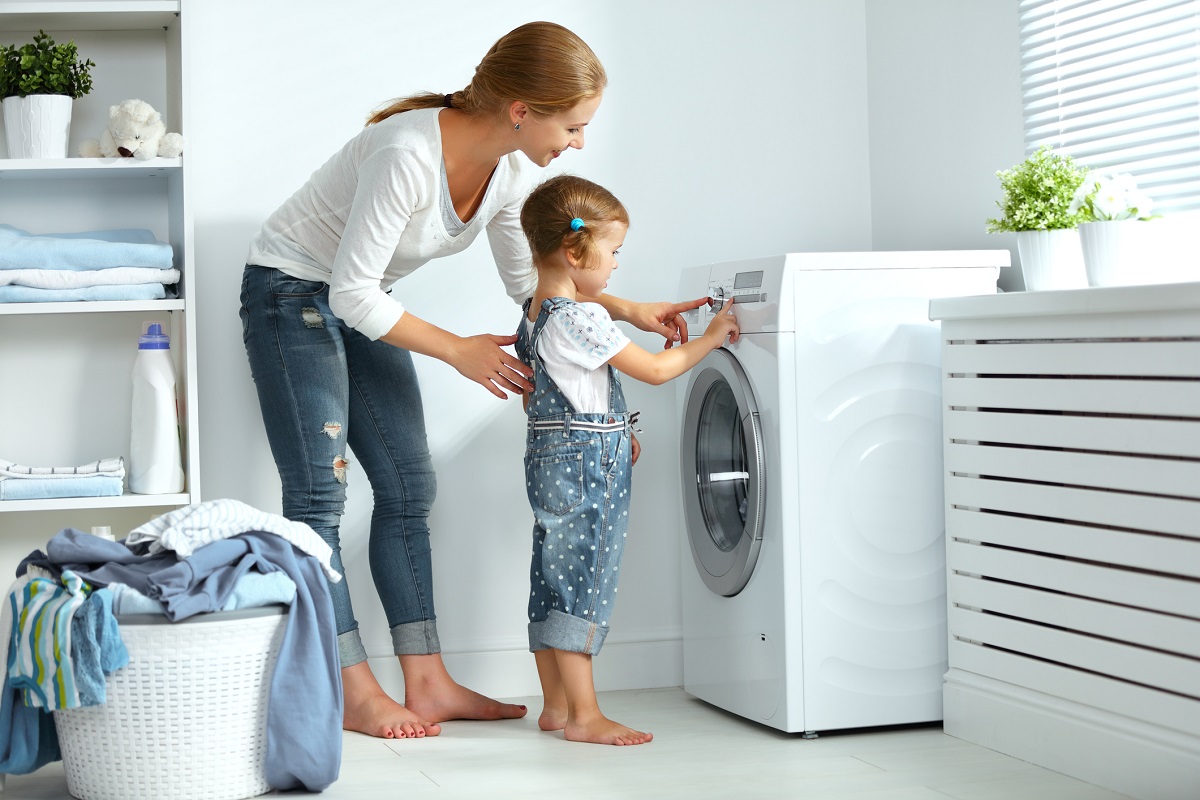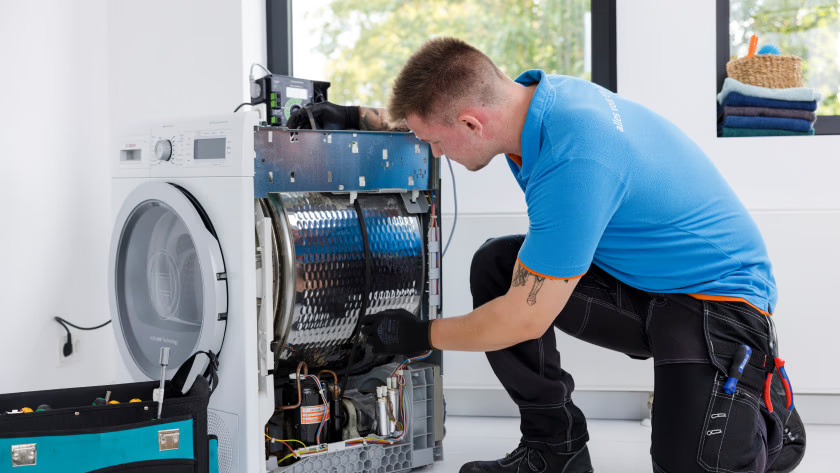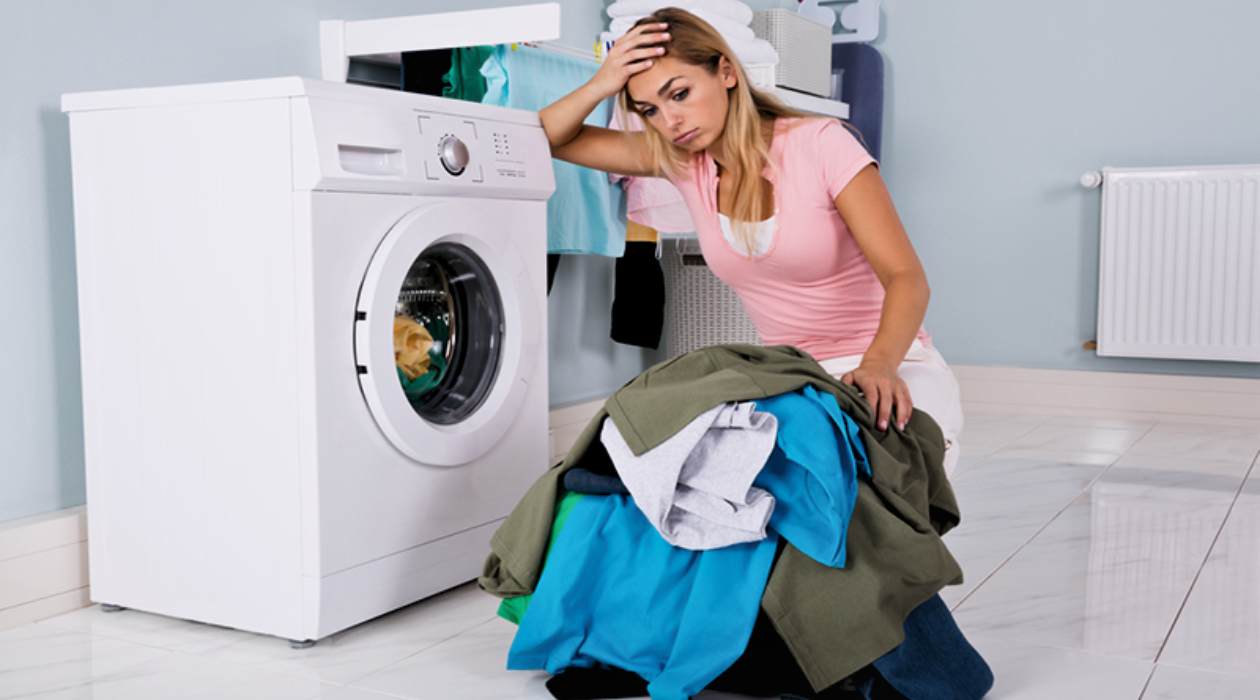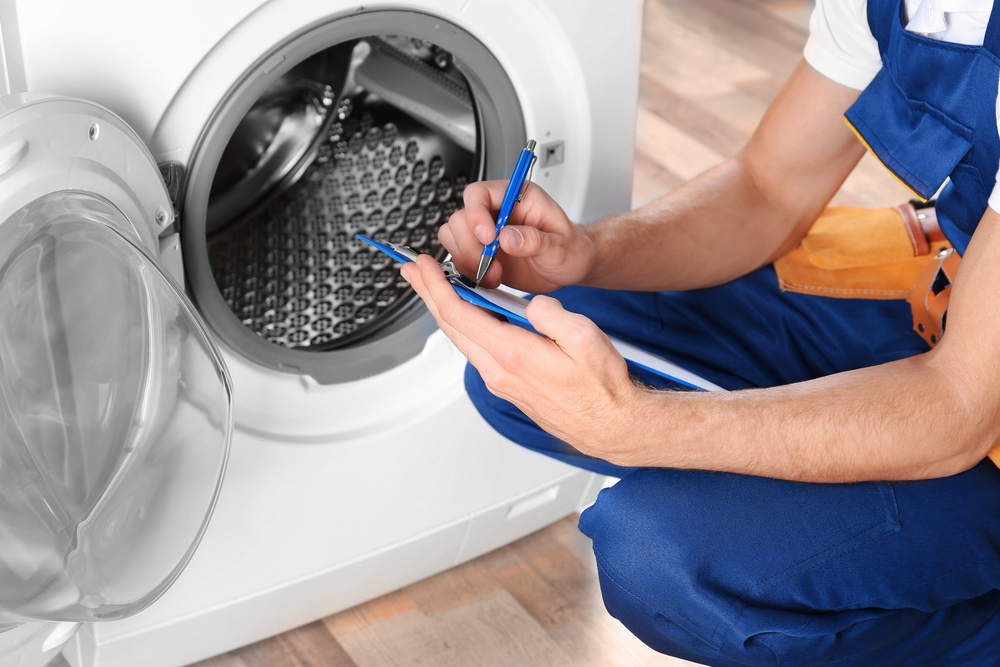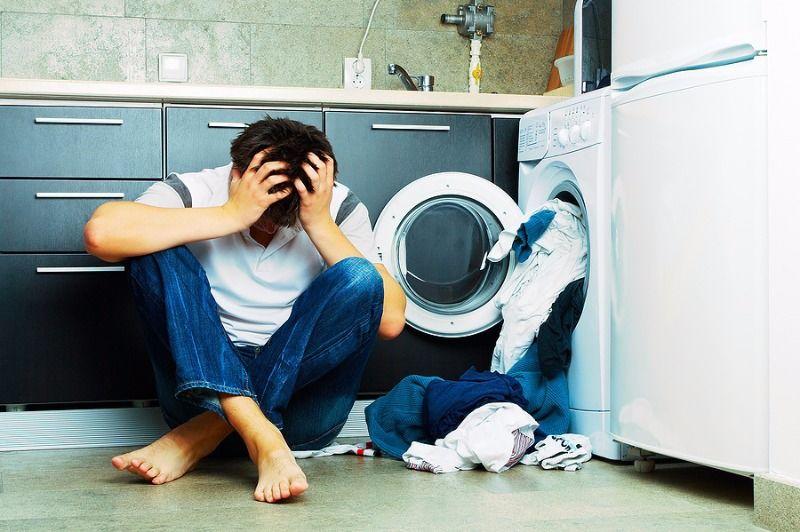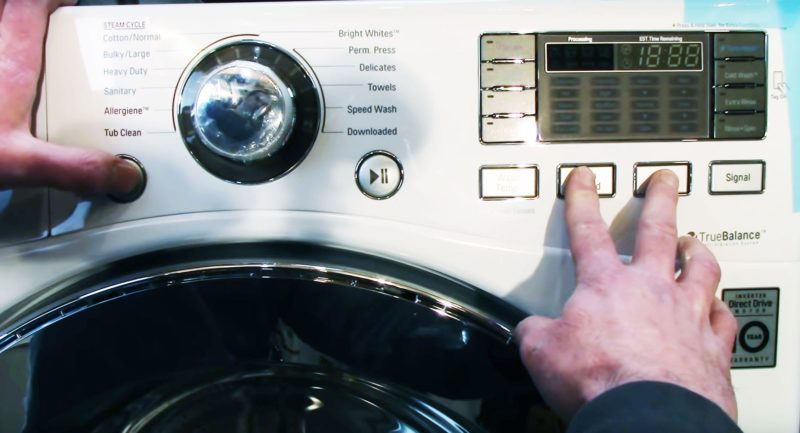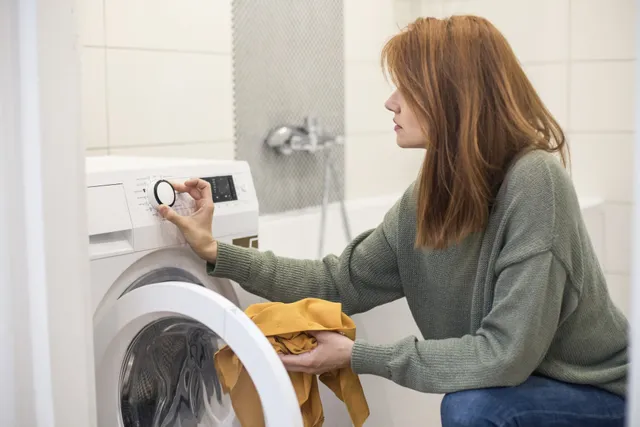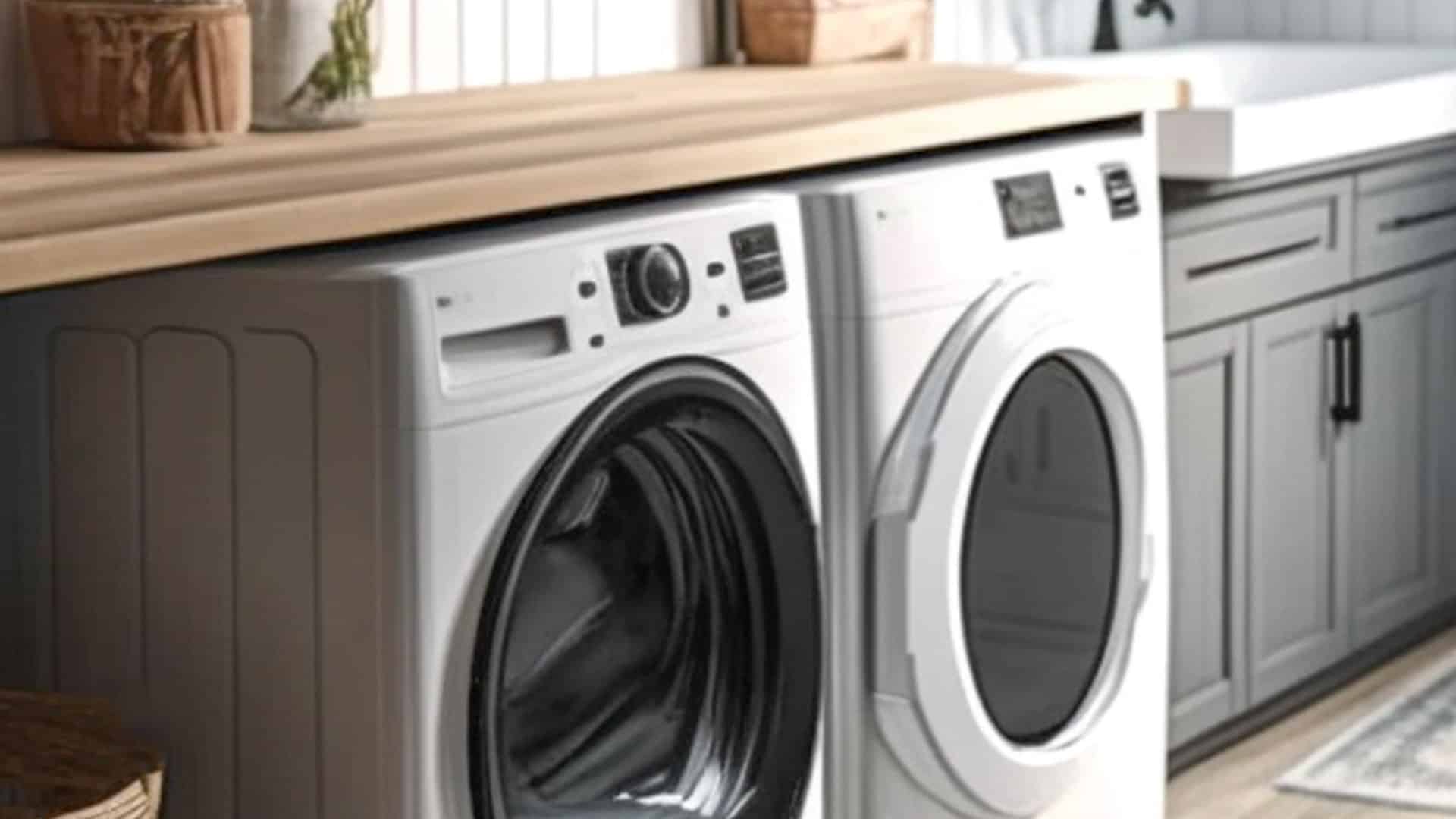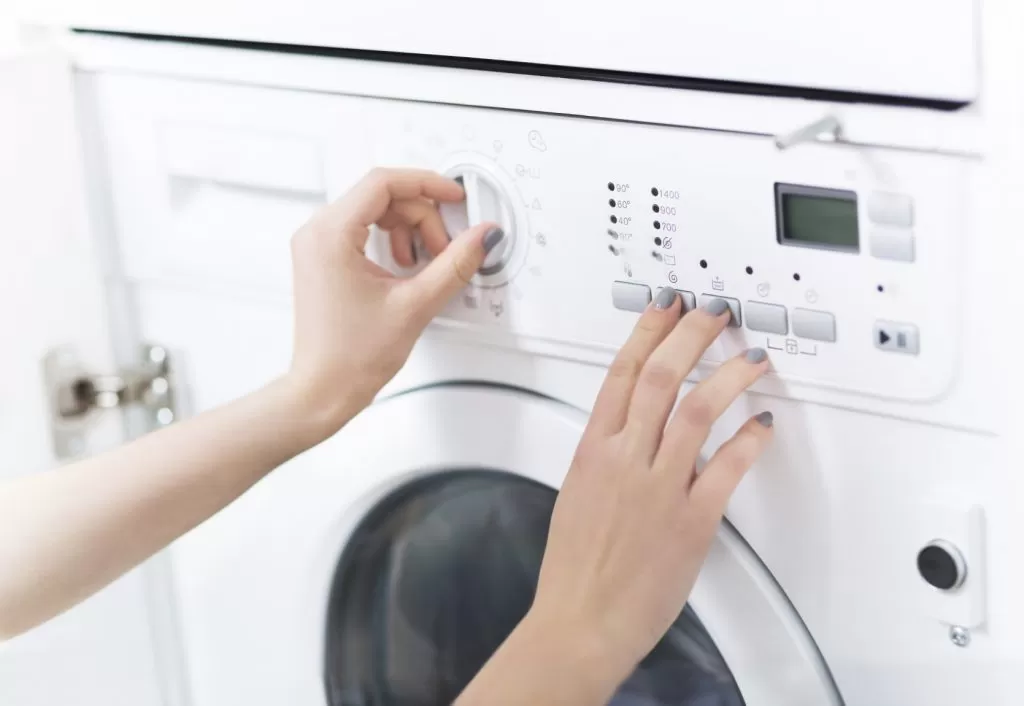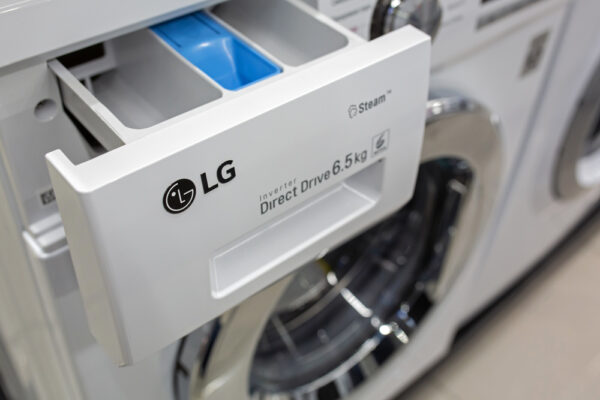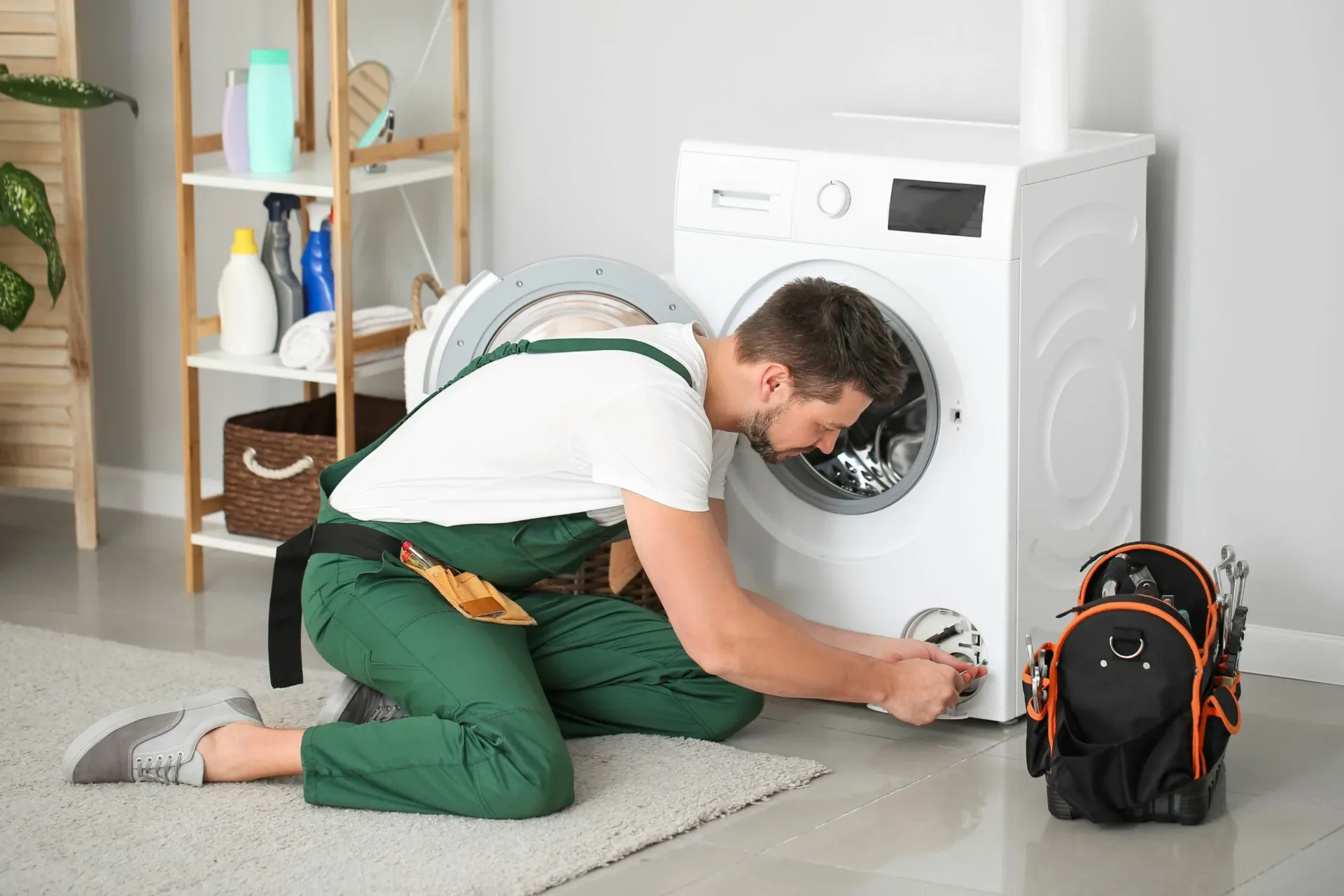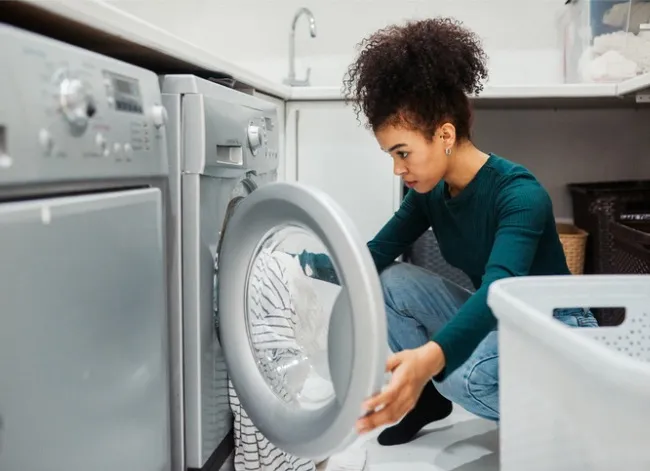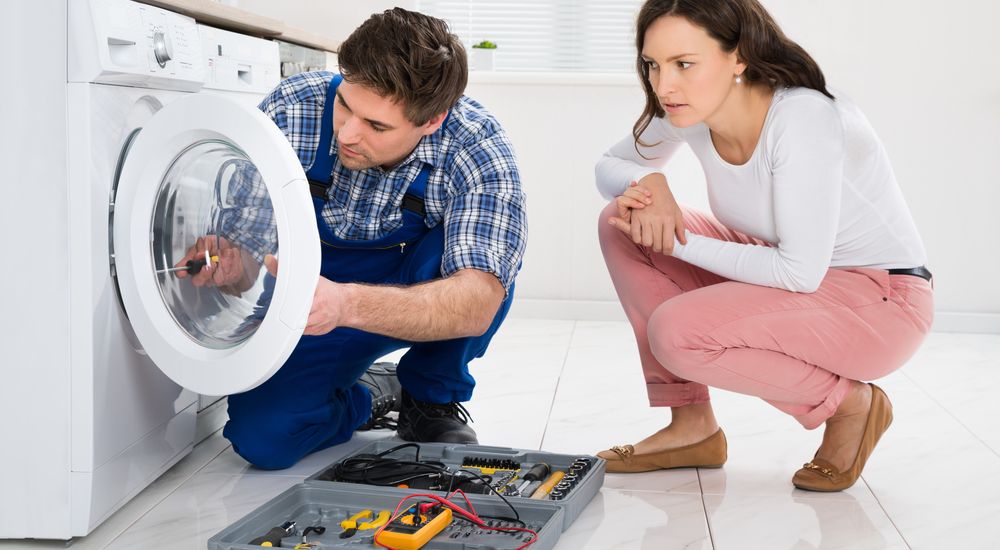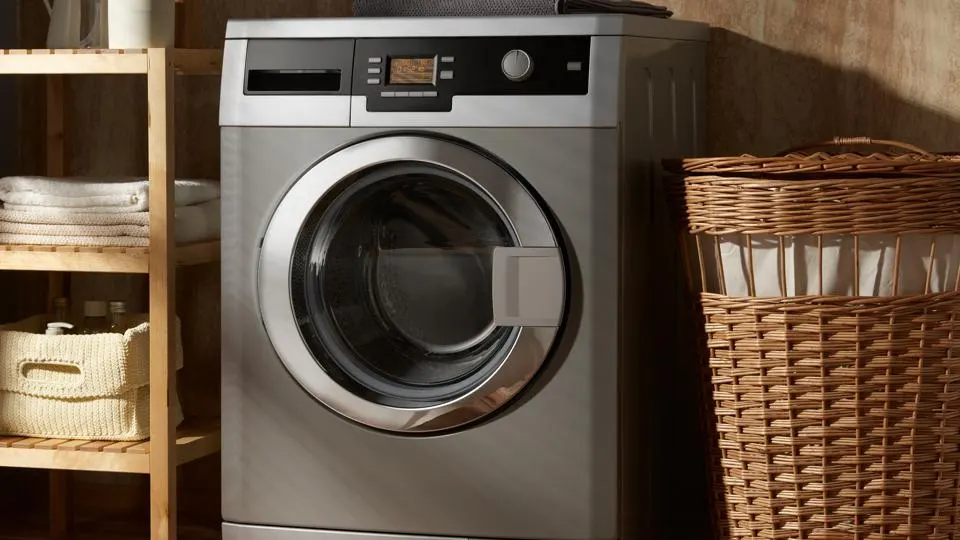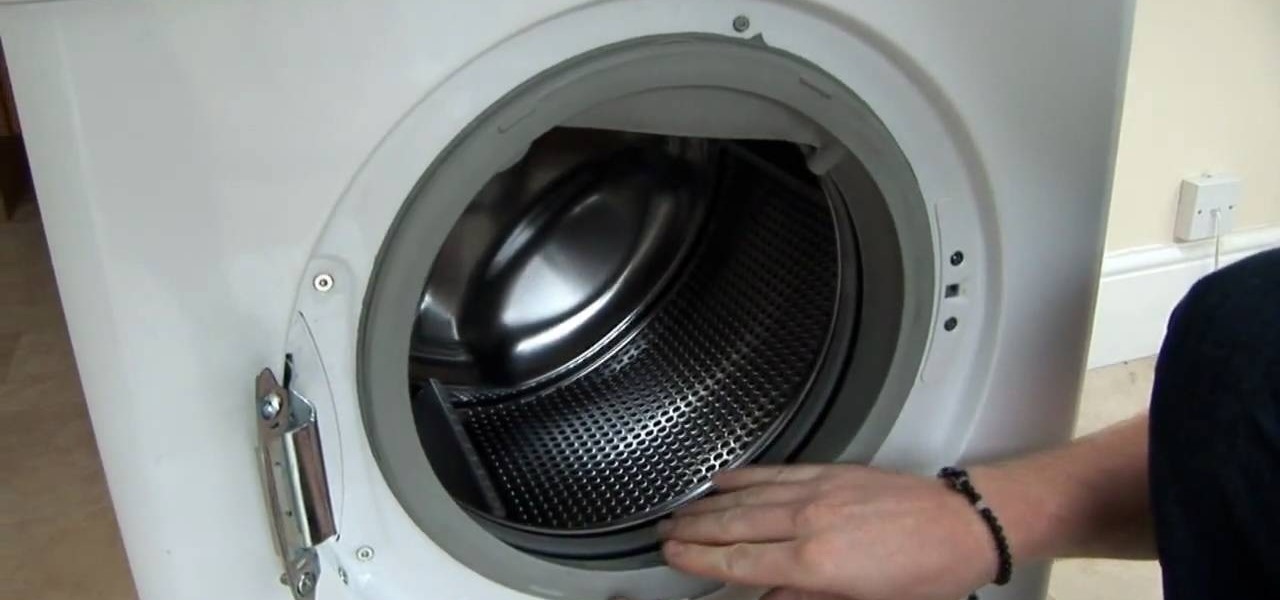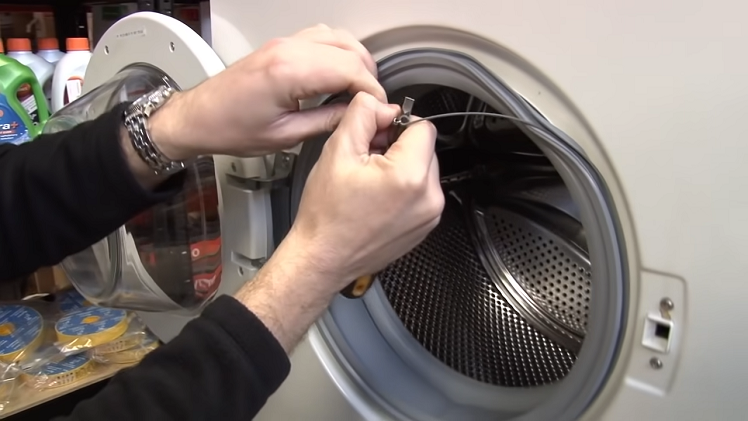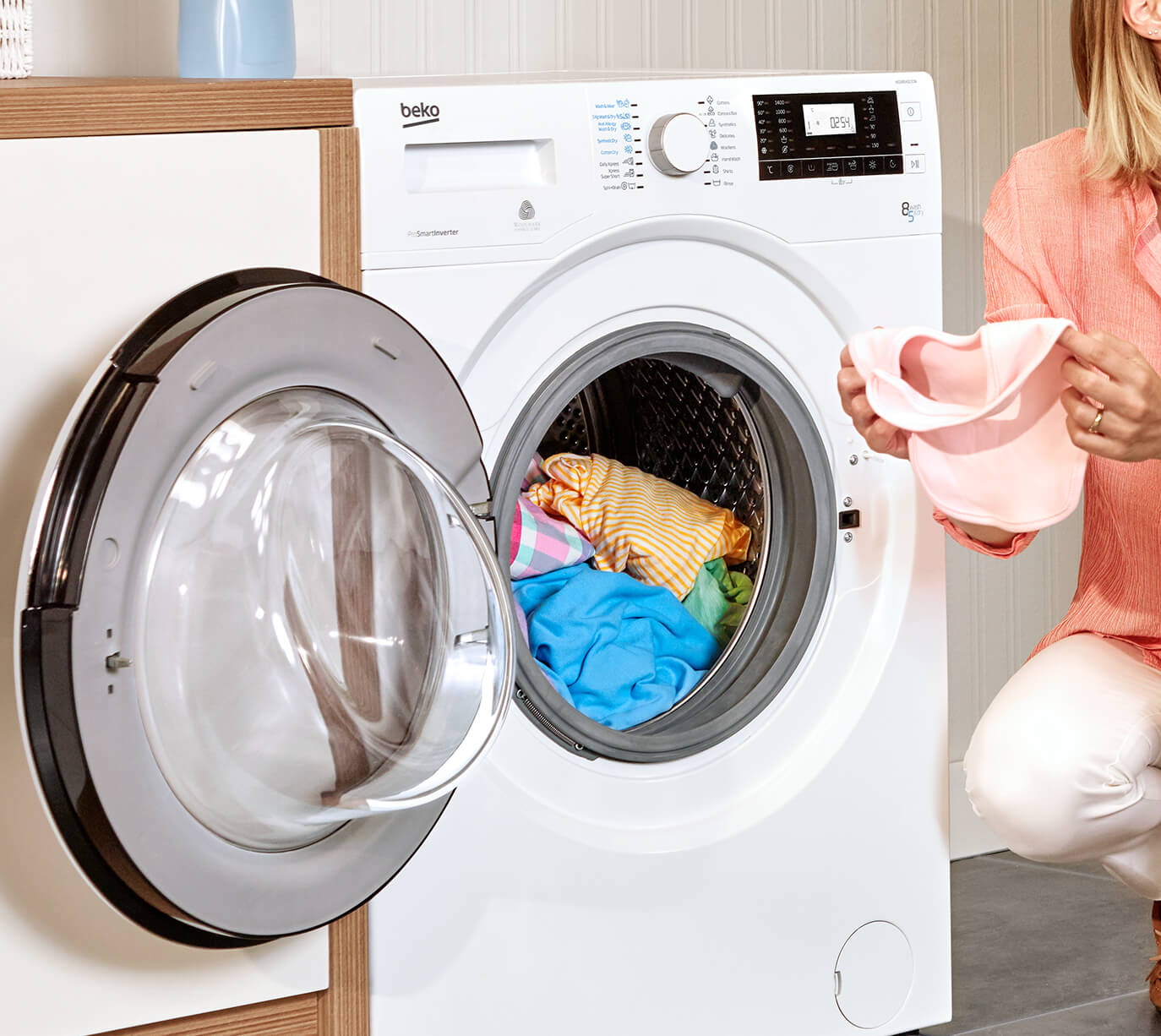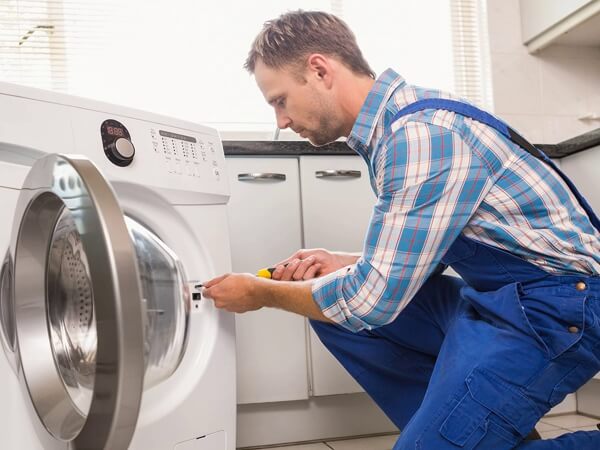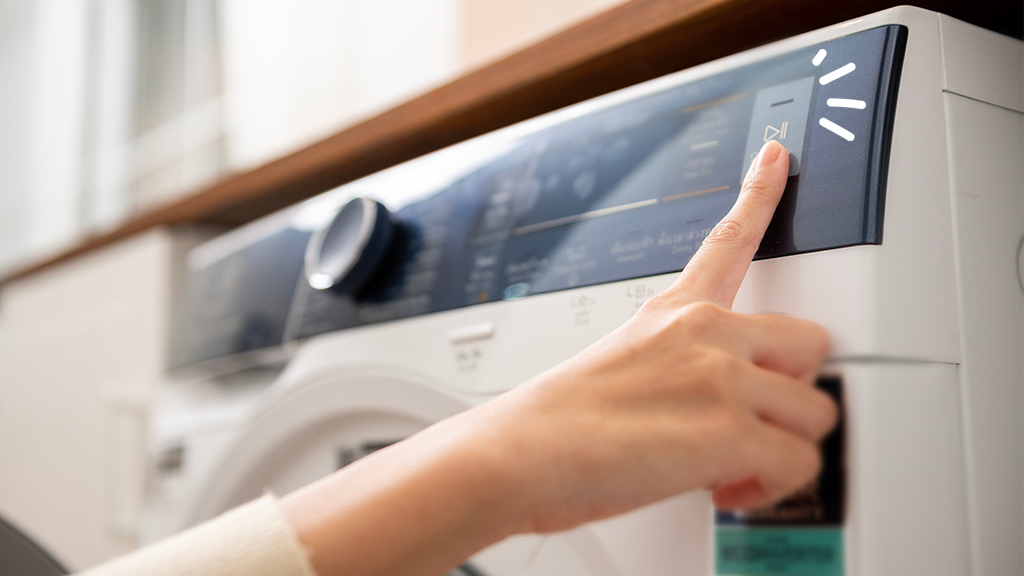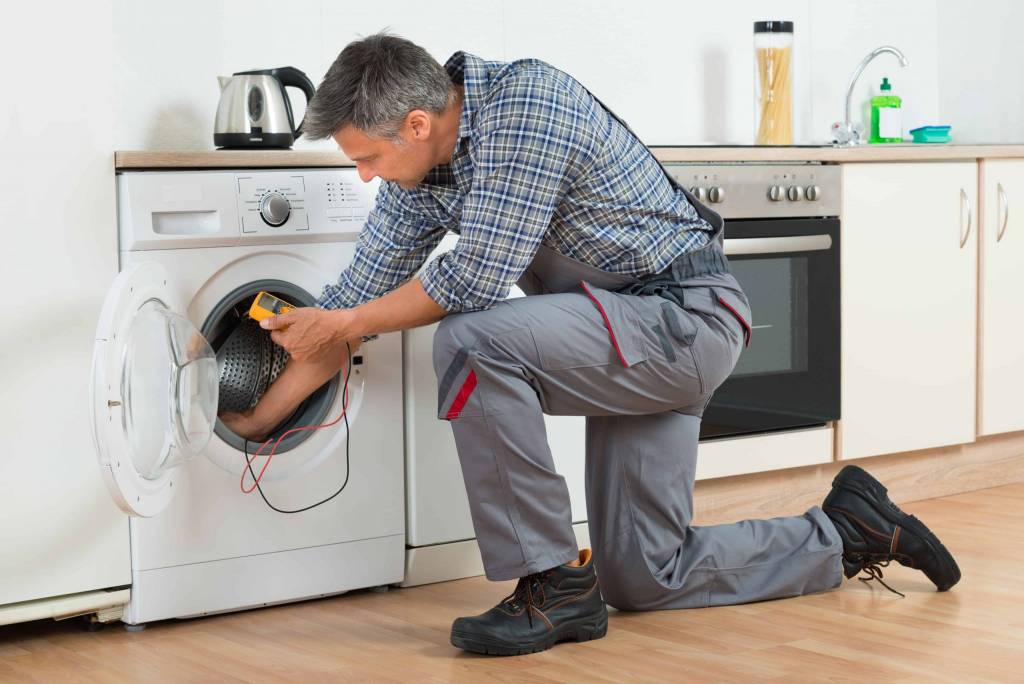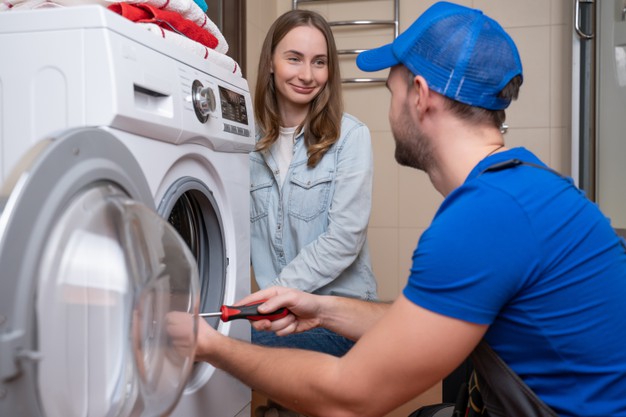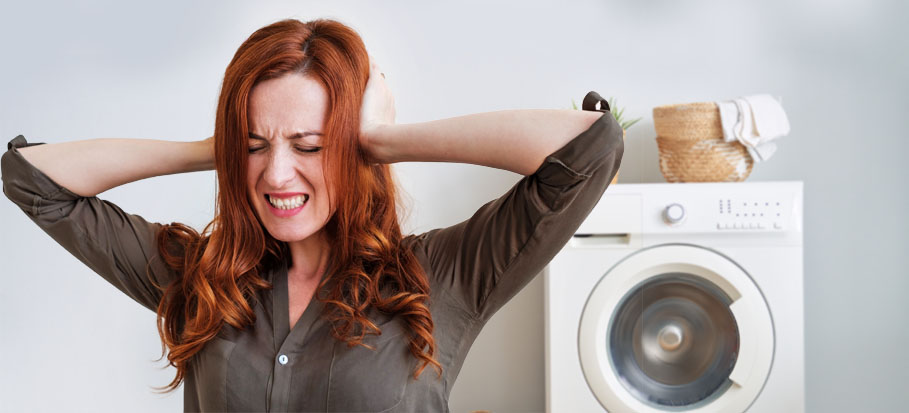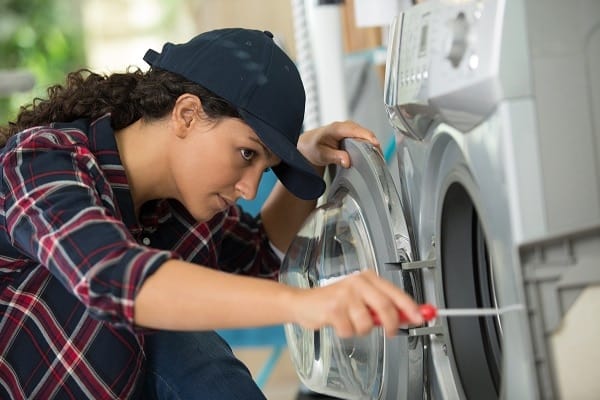Washer leaks can be a frustrating and potentially damaging issue for homeowners. Whether it’s a small drip or a significant puddle, addressing leaks promptly is essential to prevent water damage to your home and maintain the performance of your washing machine. Here’s what you need to know about identifying, preventing, and fixing washer leaks:
Common Causes of Washer Leaks:
- Worn or Damaged Door Seal: The door seal, also known as the door boot or gasket, can deteriorate over time, resulting in leaks around the door.
- Faulty Hoses: Wear and tear or improper installation can cause hoses connecting the washer to the water supply or drain to develop leaks.
- Clogged Drain: A clogged or partially blocked drain hose or pump filter can lead to water backing up and leaking out of the washer.
- Overloading: Overloading the washer with too many clothes can cause water to overflow from the drum, resulting in leaks.
- Loose Connections: Loose or improperly connected hoses, fittings, or valves can cause water to leak from various parts of the washer.
- Cracked Tub: A cracked or damaged inner tub can lead to water leaking onto the floor during the wash cycle.
Steps to Troubleshoot and Fix Washer Leaks:
- Inspect the Door Seal: Check the door seal for signs of wear, tears, or mold. Replace the seal if damaged or if mold is present.
- Check Hoses and Connections: Inspect the hoses connecting the washer to the water supply and drain for leaks or damage. Tighten or replace hoses and connections as needed.
- Clean the Drain System: Remove any clogs or debris from the drain hose and pump filter. Ensure the drain hose is properly installed and not kinked.
- Adjust Load Size: Avoid overloading the washer with too many clothes. Follow the manufacturer’s recommendations for load size and distribution.
- Inspect for Cracks: Check the inner tub and outer drum for cracks or damage. Replace any cracked components to prevent leaks.
- Test for Leaks: Run a test cycle with an empty washer and observe for any signs of leaks. If leaks persist, repeat the troubleshooting steps or seek professional assistance.
